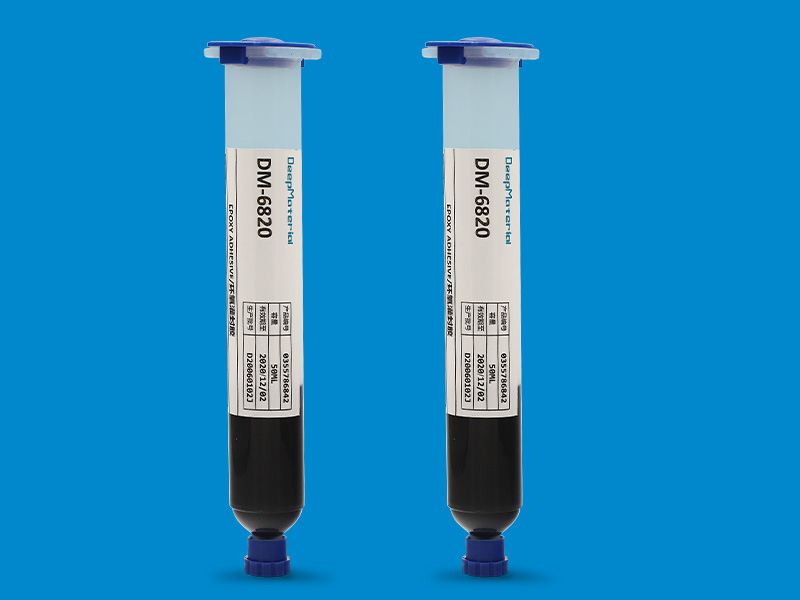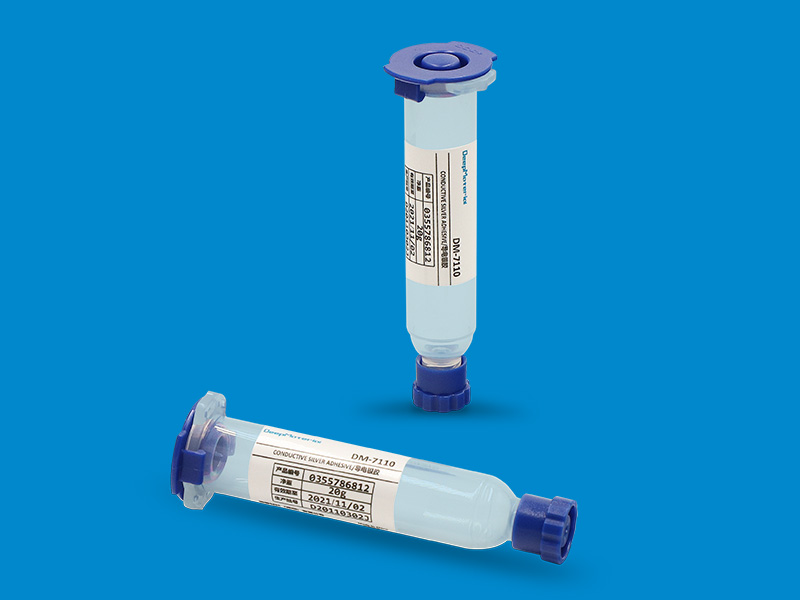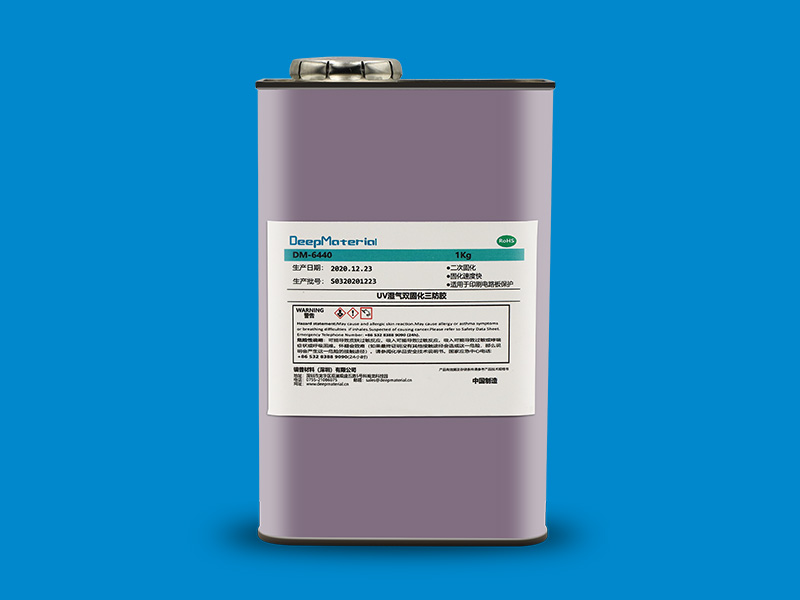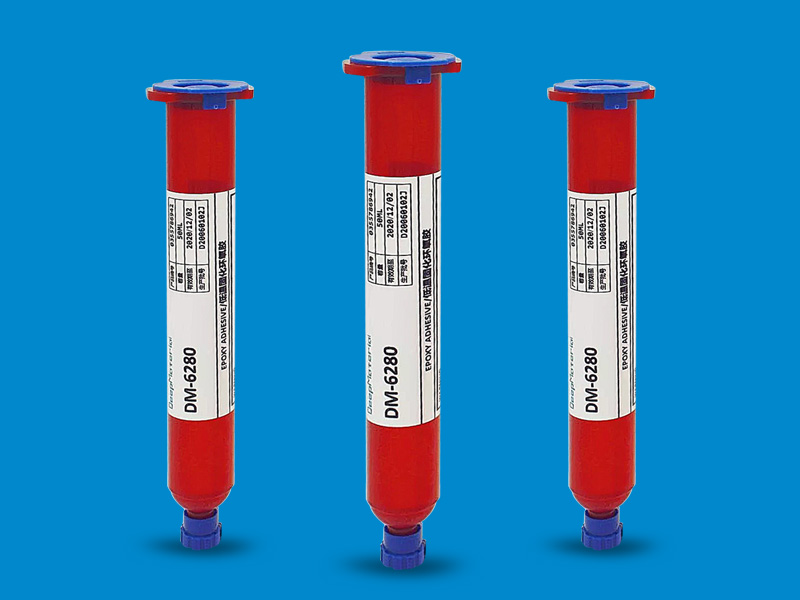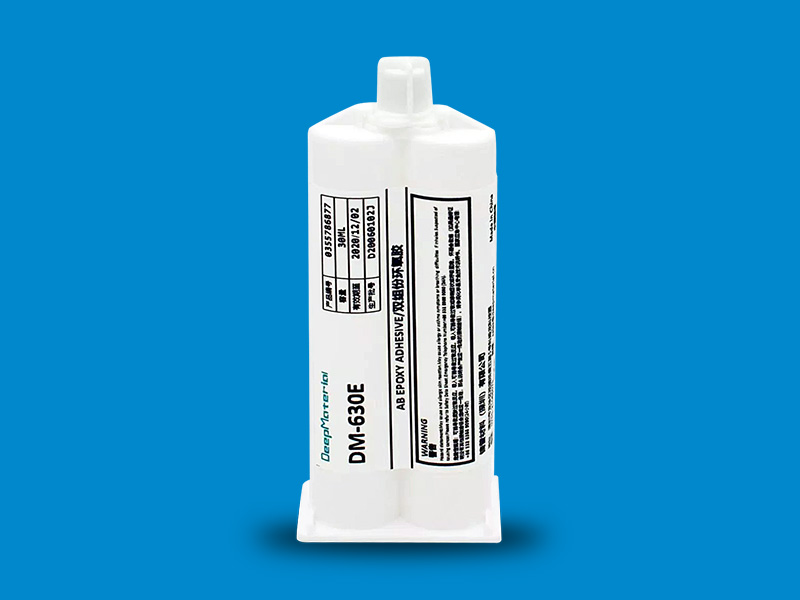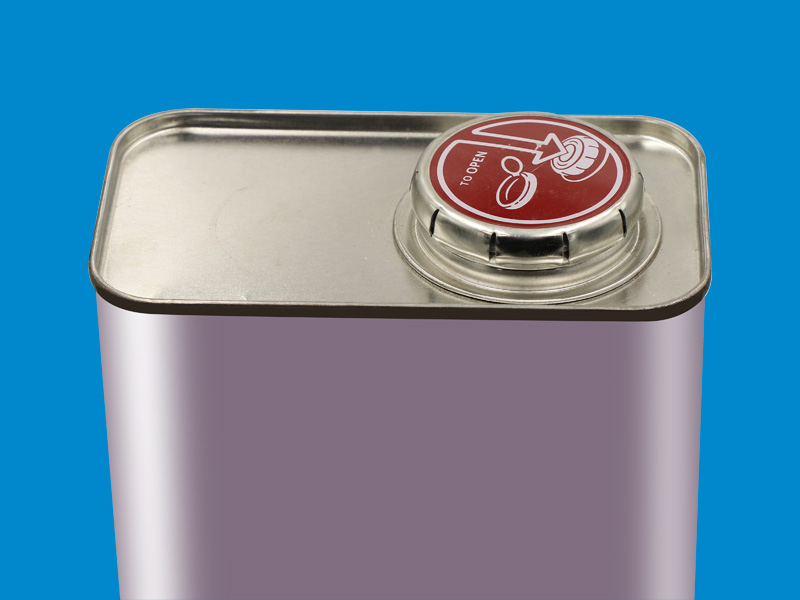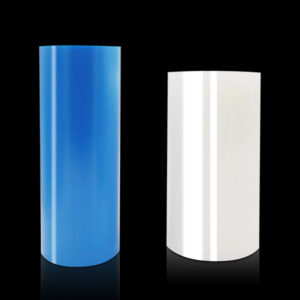How Non Conductive Epoxy for Electronics Can Improve Product Performance
How Non Conductive Epoxy for Electronics Can Improve Product Performance
In today’s fast-paced world, electronics play a crucial role in our daily lives. From smartphones to laptops, these devices have become an integral part of our existence. However, with the increasing complexity and miniaturization of electronic components, the need for reliable insulation and protection has become more important than ever. This is where non-conductive epoxy comes into play.
In this blog post, we will explore how non-conductive epoxy can improve product performance in the electronics industry. Whether you are a consumer or a manufacturer, understanding the benefits of this innovative material can help you make informed decisions and ensure the longevity and reliability of your electronic devices.

Understanding the Importance of Product Performance in Electronics
Product performance is crucial in the electronics industry for several reasons. Firstly, consumers have high expectations when it comes to the performance of their electronic devices. They want their smartphones to have fast processing speeds, their computers to have quick response times, and their televisions to have crystal clear picture quality. If a device fails to meet these expectations, it can lead to customer dissatisfaction and a negative reputation for the brand.
Secondly, poor product performance can have financial implications for manufacturers. If a device is prone to malfunctions or breakdowns, it can result in costly repairs or replacements for the manufacturer. Additionally, if a device fails to perform as expected, it may lead to a decrease in sales and revenue for the company.
How Non Conductive Epoxy Can Improve Product Performance
Non conductive epoxy plays a crucial role in improving product performance in electronics. It is used as an adhesive in the manufacturing process to bond various components together. This adhesive not only provides structural support, but also helps to enhance the electrical conductivity and thermal stability of the device.
One way non conductive epoxy improves product performance is by providing a strong bond between components. This ensures that the device remains intact even under extreme conditions such as high temperatures or vibrations. Additionally, non conductive epoxy helps to prevent the ingress of moisture or other contaminants, which can cause corrosion or short circuits.
Benefits of Using Non Conductive Epoxy in Electronics
There are several benefits of using non conductive epoxy in electronics. Firstly, it provides excellent electrical insulation properties. This means that it prevents the flow of electric current between components, reducing the risk of short circuits and electrical failures. This is particularly important in devices that have high voltage or sensitive electronic components.
Secondly, non conductive epoxy has excellent thermal conductivity properties. This means that it helps to dissipate heat generated by the electronic components, preventing overheating and ensuring optimal performance. This is especially important in devices that have powerful processors or graphics cards, as these components can generate a significant amount of heat.
Another benefit of using non conductive epoxy is its ability to provide mechanical stability. It forms a strong bond between components, ensuring that they remain securely in place even under extreme conditions. This helps to prevent damage to the device and ensures its longevity.
Types of Non Conductive Epoxy for Electronics
There are several different types of non conductive epoxy available for use in electronics. The most common types include:
Epoxy Resin: This is the most widely used type of non conductive epoxy in the electronics industry. It has excellent adhesive properties and provides good electrical insulation and thermal conductivity.
Silicone Epoxy: This type of non conductive epoxy is known for its flexibility and resistance to high temperatures. It is often used in applications where the device is exposed to extreme conditions.
Polyurethane Epoxy: This type of non conductive epoxy is known for its excellent chemical resistance and durability. It is often used in applications where the device is exposed to harsh chemicals or solvents.
Application of Non Conductive Epoxy in Electronics Manufacturing
Non conductive epoxy is used in various stages of electronics manufacturing. It is typically applied during the assembly process to bond components together. This can include bonding circuit boards, attaching connectors, or securing other electronic components.
The application of non conductive epoxy requires precision and expertise. It is typically applied using automated dispensing systems or by skilled technicians using specialized tools. The epoxy is carefully applied to the desired areas, ensuring that it forms a strong bond without any air bubbles or voids.
Case Studies: Successful Implementation of Non Conductive Epoxy in Electronics
There have been several successful implementations of non conductive epoxy in the electronics industry. One example is the use of non conductive epoxy in smartphones. The adhesive is used to bond the display panel to the frame, ensuring that it remains securely in place even with frequent use and handling. This has helped to improve the overall durability and reliability of smartphones.
Another example is the use of non conductive epoxy in computer processors. The adhesive is used to attach the processor to the motherboard, ensuring a strong bond and efficient heat transfer. This has helped to improve the overall performance and lifespan of computer processors.
Future of Non Conductive Epoxy in Electronics Industry
The future of non conductive epoxy in the electronics industry looks promising. As technology continues to advance, the demand for high-performance electronic devices will only increase. This will drive the need for improved adhesives that can provide better electrical insulation, thermal conductivity, and mechanical stability.
There is also potential for the development of new types of non conductive epoxy that offer even better performance and reliability. Researchers are constantly exploring new materials and formulations that can enhance the properties of non conductive epoxy. This could lead to the development of adhesives that are more resistant to extreme temperatures, chemicals, and mechanical stress.
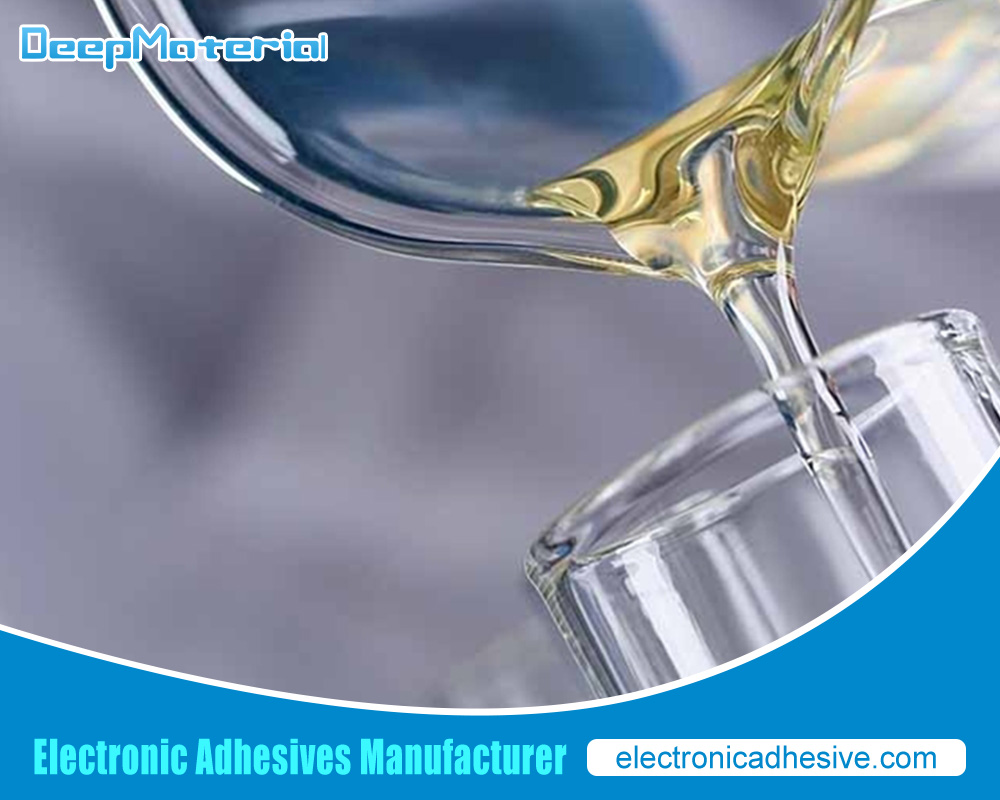
Conclusion: Why Non Conductive Epoxy is a Game Changer for Electronics Product Performance
In conclusion, non conductive epoxy is a game changer for electronics product performance. It plays a crucial role in improving the overall performance, reliability, and durability of electronic devices. By providing excellent electrical insulation, thermal conductivity, and mechanical stability, non conductive epoxy helps to prevent short circuits, overheating, and damage to the device.
For more about the Non Conductive Epoxy for Electronics, you can pay a visit to DeepMaterial at https://www.electronicadhesive.com/electrical-bonding-adhesive/ for more info.



